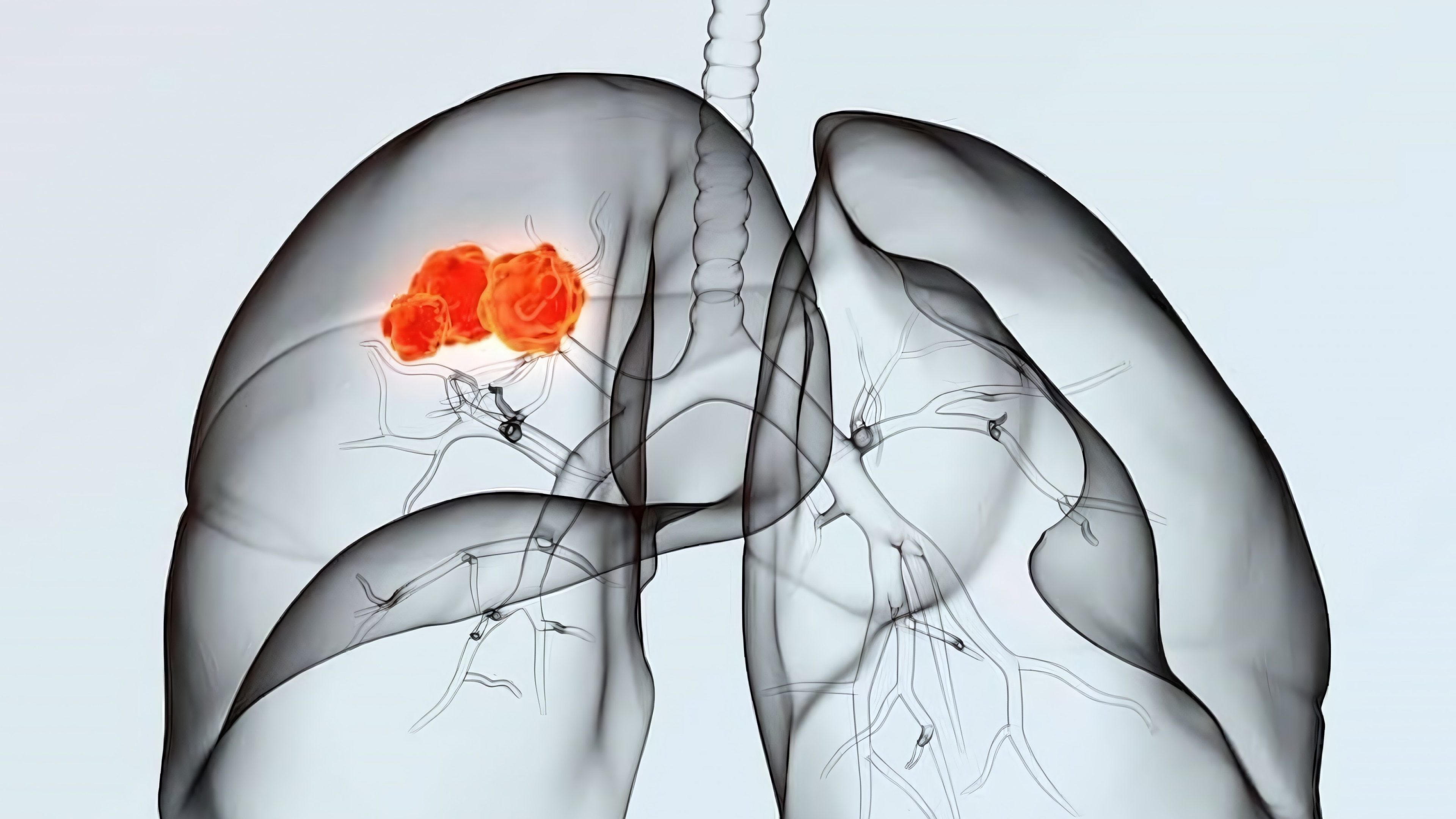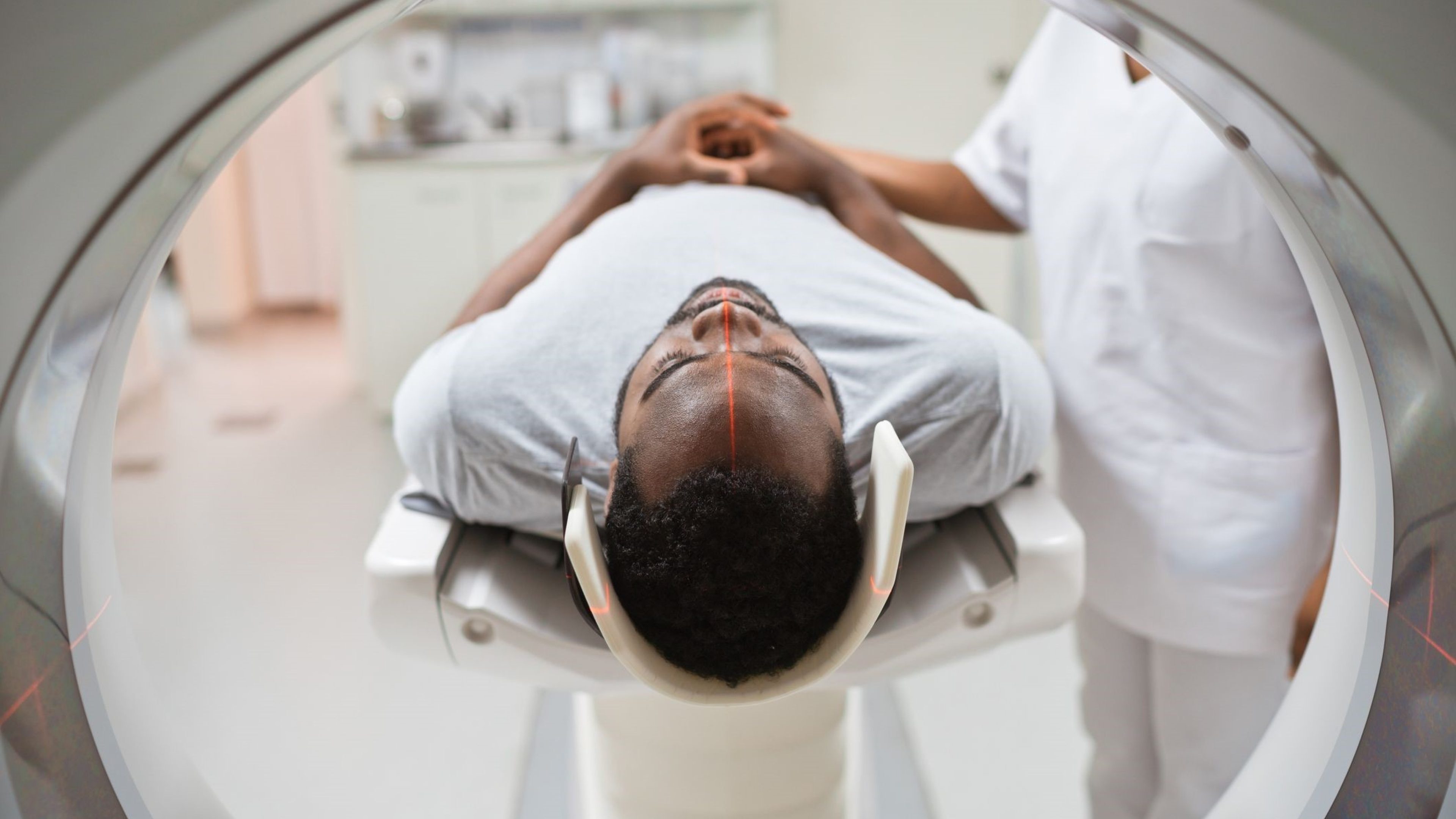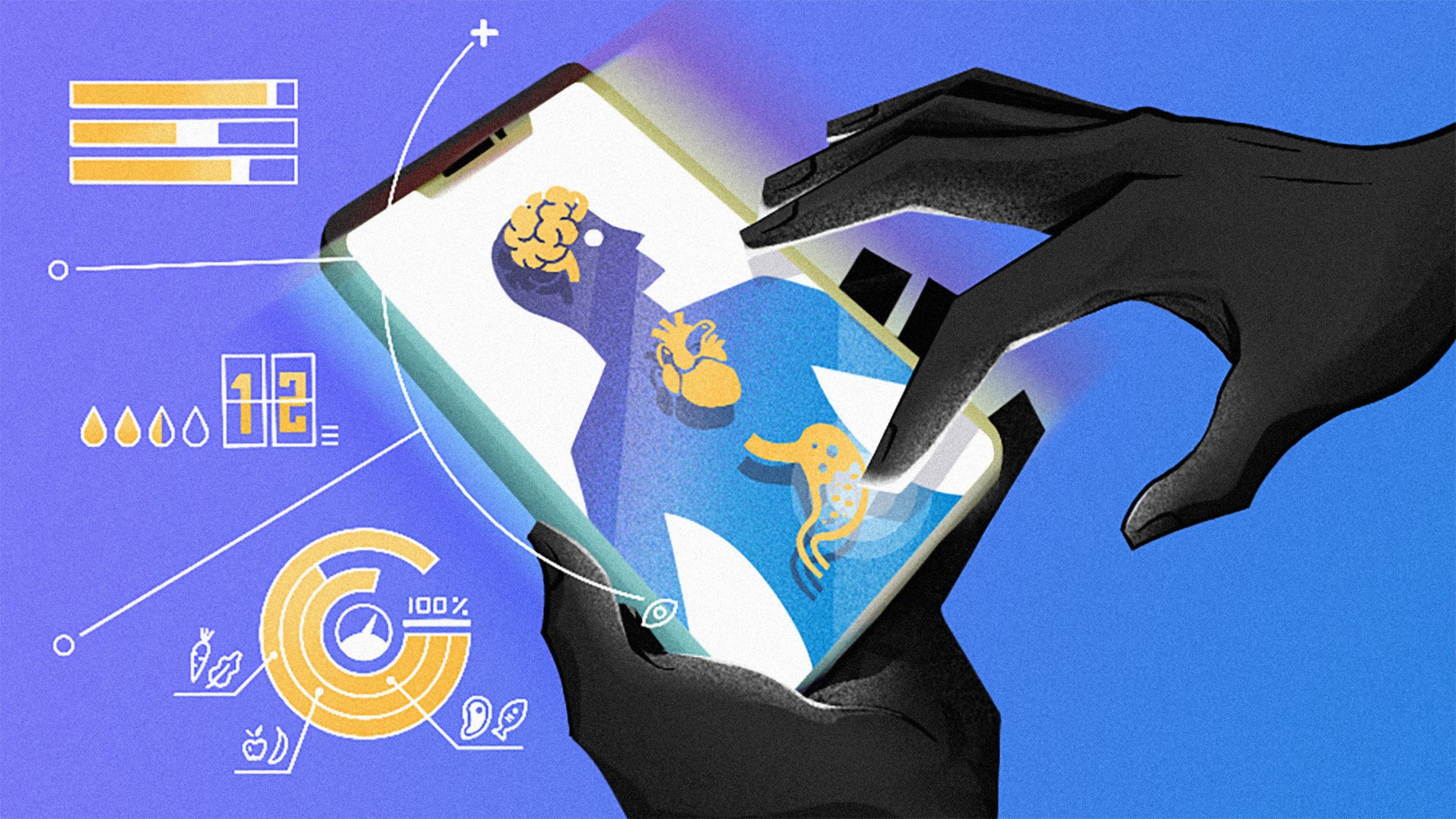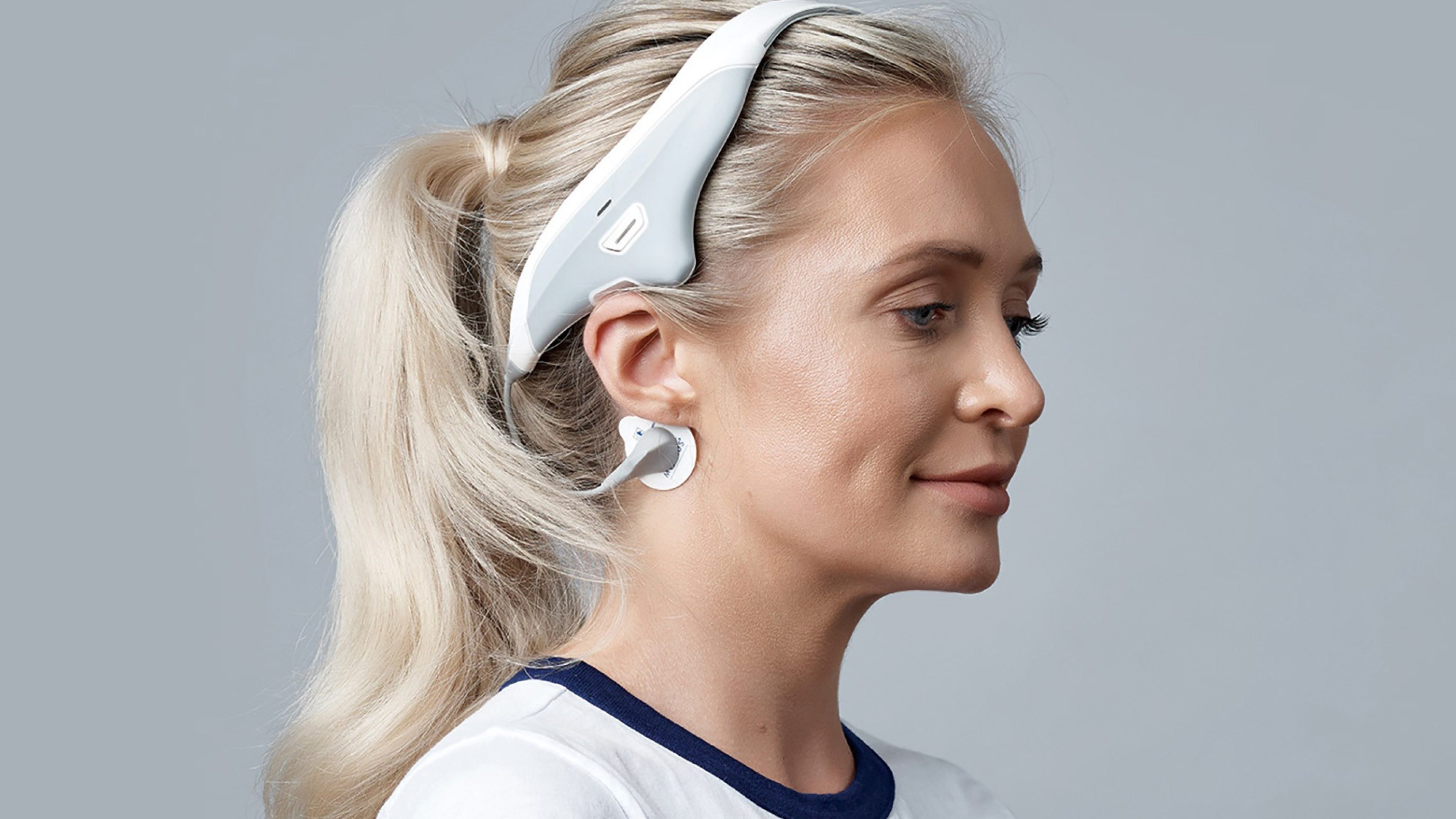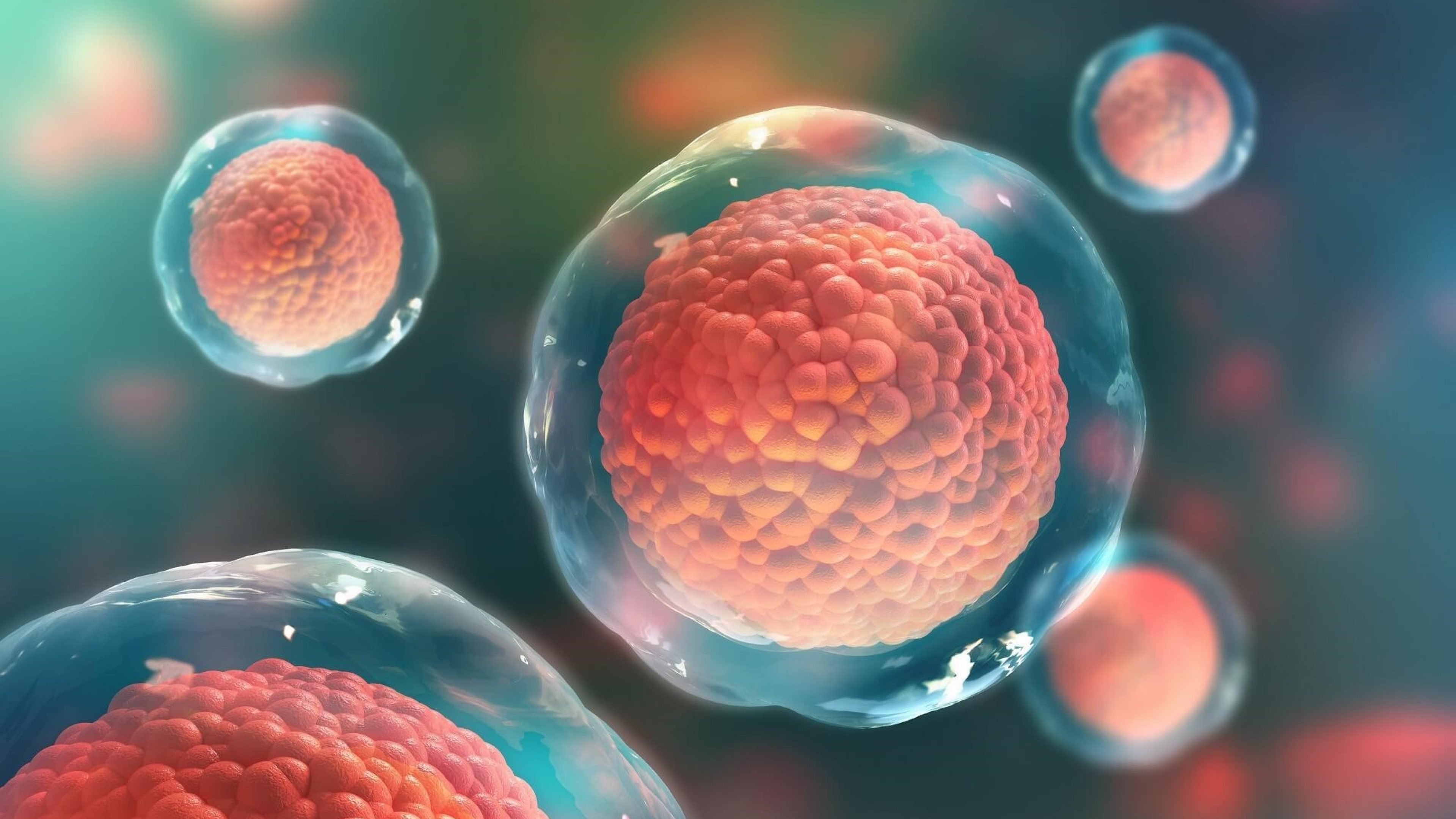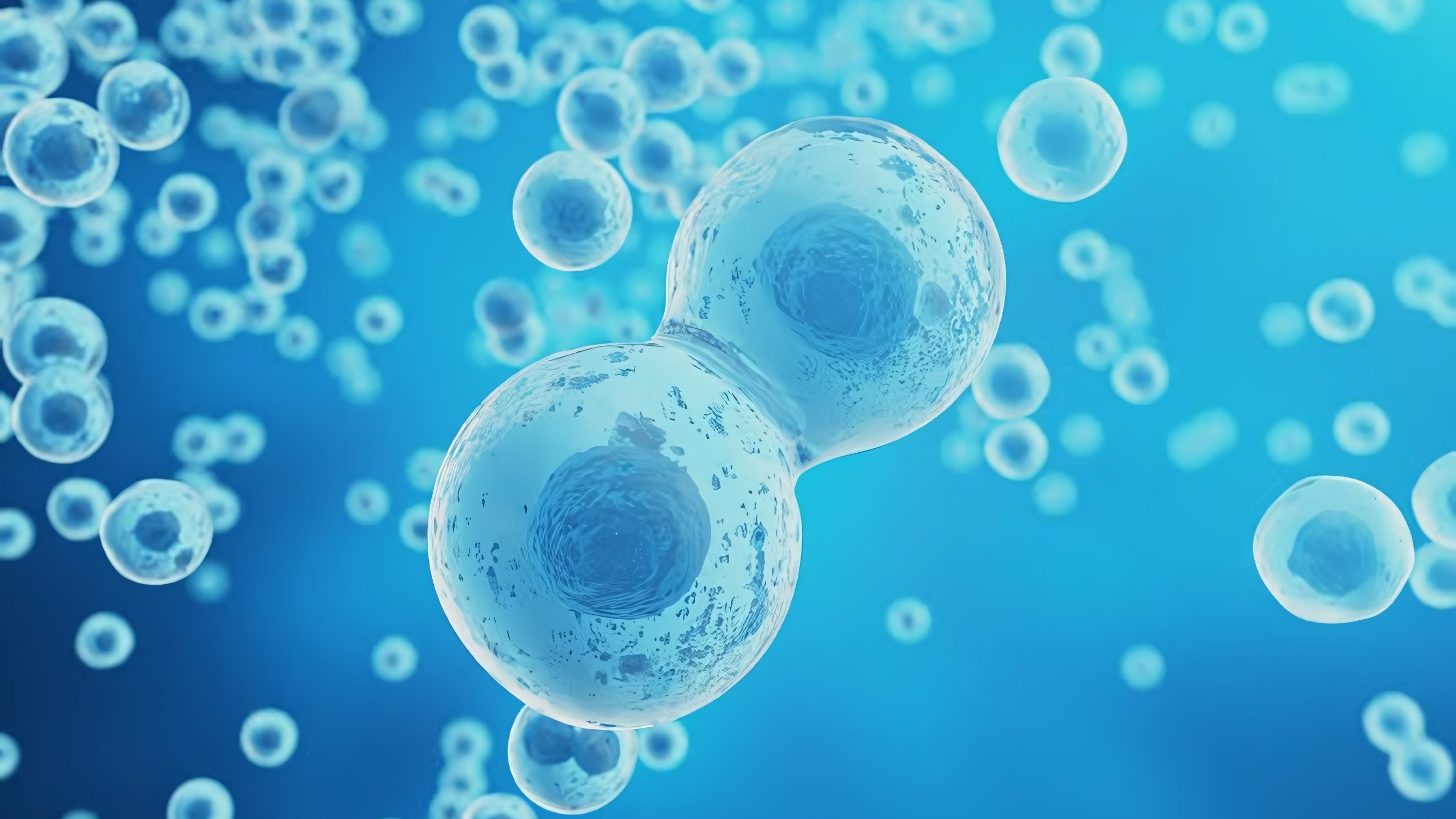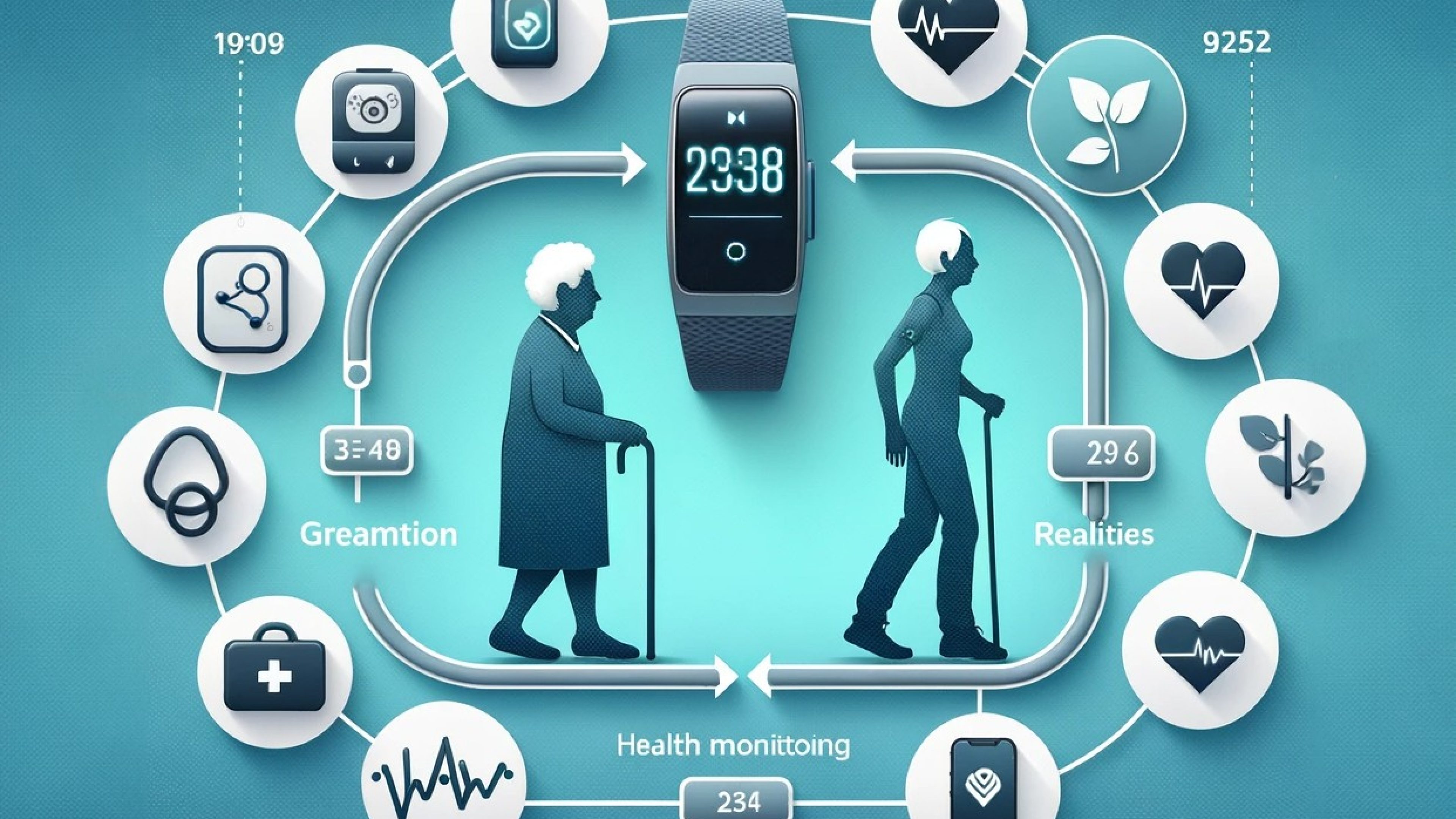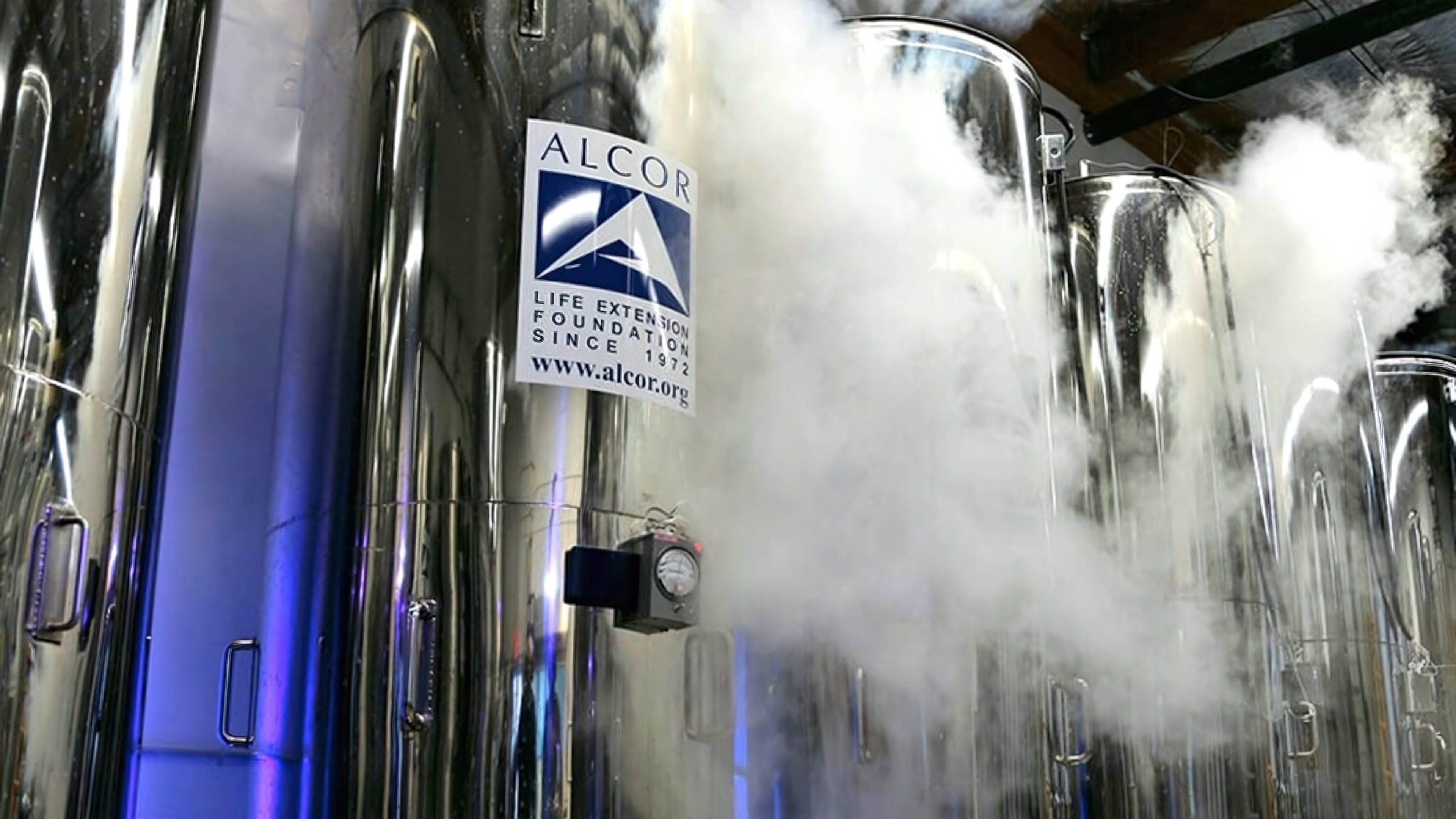The longevity industry is booming and researchers are on the verge of making breakthrough discoveries in various areas. We take a look at ten innovative start-ups working on revolutionary technologies, products and services.
A life that is as long and pain-free as possible is a universal hope – and a billion-dollar industry. Investments in human longevity have multiplied over the past decade, from USD 0.5 billion in 2013 to more than USD 5 billion in 2022. Alongside pharmaceutical companies, almost all the major Silicon Valley tech companies are at the forefront of this trend. They are convinced that rapid technological progress, artificial intelligence and digital innovations will finally fulfil humankind’s age-old dream of longevity – and perhaps even make eternal life possible.
However, most start-ups are primarily concerned with creating a future in which people can lead a longer and more self-determined life. In Western Europe, average life expectancy is around 80 years, while average health expectancy is only around 65. This means that on average, we spend 20% of our lives in poor health. Researchers want to change this: they want to slow down, stop or even reverse the ageing process and the associated age-related diseases. They take different approaches in very different areas: these range from predictive diagnostics and novel drugs, through to the reprogramming of cells. Some innovations are already on the market, while others are still visions for the future.
1 FREENOME (2014) – Early detection blood tests
Ninety percent of deaths over the age of 50 are due to one of four causes: cancer, diabetes, heart disease and neurodegenerative diseases. The better predictive diagnostics that are available, i.e. the sooner the disease is detected, the sooner it can be treated. The US company Freenome has developed a test to detect tumours and other diseases at an early stage. The AI-supported method analyses the signs of an incipient cancer, such as the appearance of certain proteins, even before tumour cells have spread – this greatly improves the chances of the patient being cured. To this end, the start-up has already received over one billion US dollars from investors.
2 PRENUVO (2018) – Preventive whole body check
The start-up Prenuvo does not offer blood tests, but rather whole-body scans to detect diseases such as cancer, aneurysms or even a herniated disc at an early stage. Magnetic resonance imaging is said to be able to detect more than 500 different diseases and is particularly popular in Silicon Valley and Hollywood. The company not only boasts prominent clients such as Kim Kardashian, but also prominent investors: these include ex-model Cindy Crawford, former Google CEO Eric Schmidt and former YouTube CEO Anne Wojcicki.
3 VIOME (2016) – Personalised nutrition
According to the latest research, 90% of how we age is determined by environmental factors and personal lifestyles. Our genes, on the other hand, dictate less than ten percent. It comes as no surprise that more and more companies are focusing on optimising people’s lifestyles. The focus here is on nutrition. The start-ups use genetic testing, AI algorithms and scientific research to provide personalised dietary recommendations and nutritional supplements. Last year, Viome, a provider of RNA-based home microbiome testing and personalised nutritional supplements, received the most investment (USD 86 million).
4 NEUROVALENS (2013) – Anti-insomnia headsets
A factor that is often underestimated when it comes to longevity is good sleep. It is essential for our cognitive functions as it allows the brain to consolidate memories, repair cells and rejuvenate itself. According to a new study, sleep is one of the eight lifestyle factors that can be used to extend your life by a good 20 years. For better sleep, start-ups are developing trackers, dietary supplements, personalised sleep coaching apps and various medications. Meanwhile, the Northern Irish company Neurovalens is working on non-invasive neurostimulation products to treat insomnia. It has developed portable headsets to stimulate neurons in the hypothalamus (inter brain) directly via the brain stem. Several clinical studies are currently underway.
5 INSILICO MEDICINE (2014) – AI drugs
Until we can prevent age-related, fatal diseases, we need effective medication to treat them and help prolong people’s lives. In developing these drugs, researchers hope to be able to make use of the latest technologies. Insilico Medicine is one of the pioneers in this field: the Hong Kong-based company combines genomics, big data analysis and deep learning to identify life-prolonging agents that are key in fighting the deadly disease of pulmonary fibrosis. Using AI, it has discovered a molecule that is said to inhibit the formation of substances that alter lung tissue.
6 UNITY BIOTECHNOLOGY (2011) – Stopping cell ageing using senolytics
From the age of 40, our immune system begins to weaken and more and more old, damaged cells form. These “senescent cells” are the breeding ground for chronic inflammation and are associated with a variety of age-related diseases. With the help of new drugs called senolytics, start-ups are now developing ways to remove these ageing cells from the body. Experiments on animals have shown that diseases can be slowed down or even cured and life substantially prolonged. Unity Biotechnology, whose investors include PayPal founder Peter Thiel, is regarded as a leader in this field. The Californian company develops therapeutics for diseases such as osteoarthritis, loss of vision and dementia, and is already planning several clinical trials.
7 ALTOS LABS (2021) – Cell rejuvenation
One of the most ambitious goals in longevity research is to reverse the ageing processes in cells. The great hope is that by turning back our inner clock, some geriatric diseases will not occur at all, or at least they will occur much later on in life. Start-ups are currently primarily engaged in basic research. One of the most important is Altos Labs, an extremely well-funded (USD 3 billion) Silicon Valley company, which employs some of the world’s leading scientists. Altos tries to reprogramme the body’s cells to rejuvenate themselves and return to a state before any kind of disease or ageing has occurred. This has already proven successful in the lab on tests involving animals. If Altos can prove that this reprogramming also works in humans, then by 2050 it may actually become the most valuable company in the world, as investors predict.
8 CAREPREDICT (2013) – AI in geriatric care
For many people, living a self-determined life in old age also means living in their own four walls for as long as possible. However, the older we get, the greater the need for continuous health monitoring and faster diagnosis of any conditions. More and more start-ups are offering innovative solutions in this field. One example is CarePredict, which has so far received almost USD 50 million in investment for an AI-supported platform and a portable device to monitor users’ patterns of activity and behaviour. AI enables CarePredict to detect any abnormalities that may indicate potential health issues or a deterioration in overall well-being. Carers or family members are notified of any significant changes so that they can intervene early and prevent further complications.
9 ELEVIAN (2017) – Rejuvenation aided by blood exchange
For centuries, humankind has been searching for the recipe for eternal youth and immortality in young blood. In 2014, neurologist Tony Wyss-Coray succeeded in sewing an old and a young mouse together in such a way that they shared a circulatory system. The result was that the cognitive functions of the old mouse improved significantly. Since then, start-ups have been searching for the mechanisms that cause this rejuvenation effect. The company Elevian has succeeded in identifying one factor: their key is GDF11, a protein in the blood that, according to their research, declines noticeably with age. Elevian assumes that treatment with this protein will make old cells fit again. They have enjoyed initial success in treating mice with diabetes, Alzheimer’s, musculoskeletal and cardiovascular diseases. The company has so far received over USD 60 million in investment, but blood exchange remains controversial in scientific circles.
10 ALCOR (1972) – Cryopreservation
Cryonic institutes such as the company Alcor are pursuing the most adventurous longevity theory. They can freeze and store the brain or the whole body of a deceased person at minus 196 degrees. Behind this is the belief that science will one day be technically capable of bringing frozen human beings back to life. During the preservation process, a preservation fluid is pumped into the body immediately after death. At the same time, all bodily fluids are drained out of the corpse. The body is then permanently stored in liquid nitrogen. The cost for this starts at USD 200 000. The remains of more than 200 people are stored at Alcor alone, and around 500 people around the world have been frozen to date.

